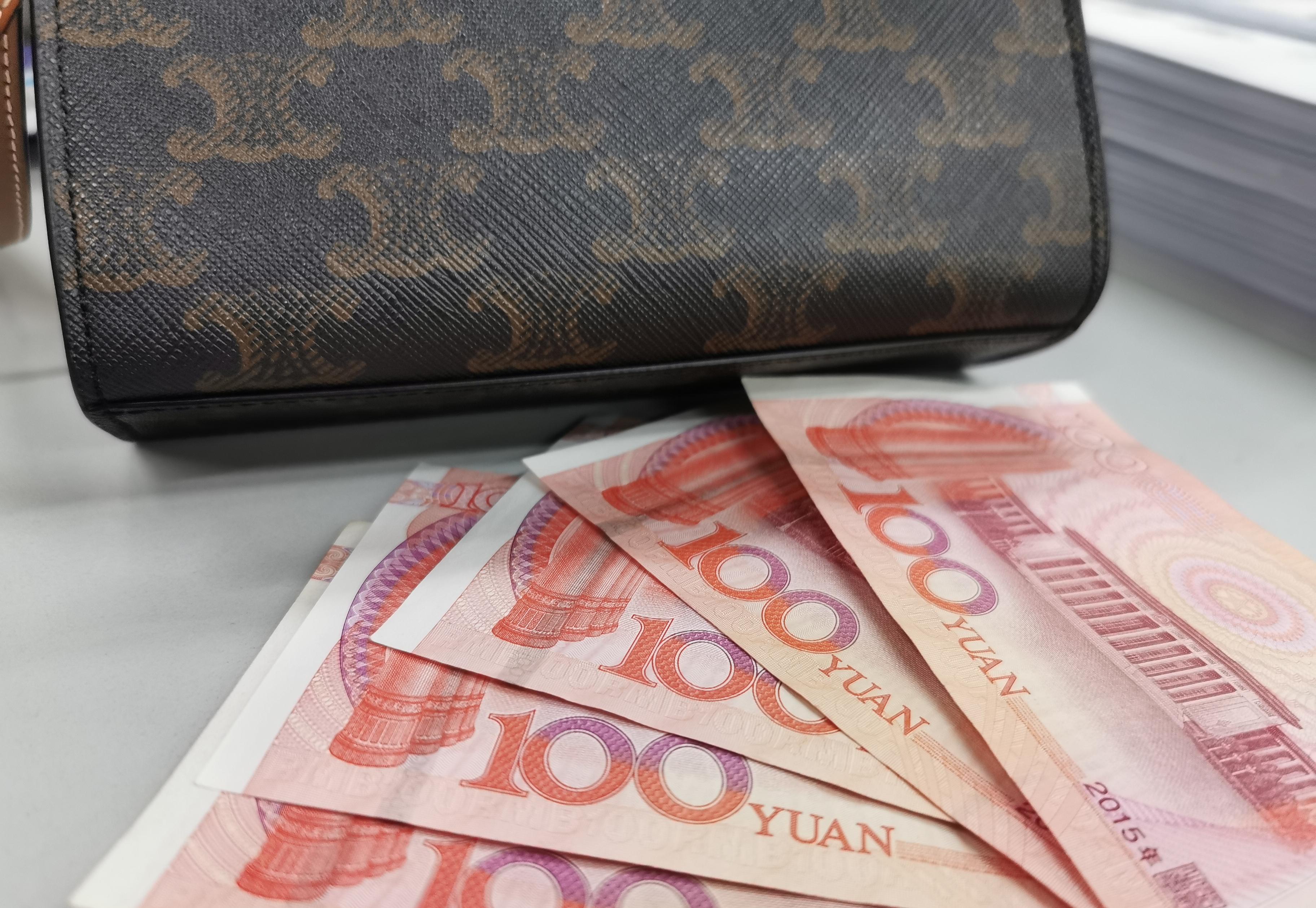
Some young people choose to "go into debt" in order to buy luxury goods. Beijing News data map
Recently, a set of data on young people's consumption has attracted widespread attention.
According to media reports, the "Contemporary Youth Consumption Report" (hereinafter referred to as the "Report") released by some institutions shows that there are 175 million post-90s in the country, of which only 13.4% of young people have no debt, while 86.6% of the post-90s have been exposed to credit products. This data has sparked a heated discussion.
In this regard, many people hold a critical attitude, lamenting the popularization of the new generation of young people's advanced consumption concepts, believing that young people have fallen into the trap of consumerism; some people think that this is a normal phenomenon of the development of commodity society to a certain stage, and there is no need to worry too much.
Objectively speaking, loans, as a financial means, play an important role in real life. Rigid needs, such as mortgages, are of great significance both in supporting the daily lives of individuals and in stabilizing systemic risks in the financial sector.
However, it is worth being vigilant that the "Report" mentions that in addition to repaying mortgages, more than 60% of the post-90s will use consumer loans to improve the quality of life and leisure, which mainly involves five aspects, such as the lazy economy, pet economy, health boom, beauty economy and entertainment industry.
Such a high proportion of borrowing is used to pay for "non-rigid demand" consumption, and the hidden risks are worthy of vigilance. This is not to deny everyone the right to "improve the quality of life and leisure" and "pay for interest", but to believe that young people should not use excessive loans to over-consume, and then fall into the "consumerism trap".
It should be known that although many post-90s and post-00s have gradually entered the society and are becoming one of the mainstream forces promoting social and economic development, relatively speaking, due to the short working hours, their solvency is not as high as imagined.
Whether it is the "youth debt" left by many young people because of campus loans and so on in the past few years, or the high proportion of loans caused by young people's "non-rigid demand" consumption such as leisure shown in the above-mentioned "Report", it is obviously beyond the relatively reasonable scope and deserves the vigilance of all parties.
As stated in the Report, the birth and prosperity of Internet financial products has made the consumption of young people much less constrained. This is the same as people's perception of reality, after all, in reality, advertisements for various lending platforms abound, and there are too many inducing loans, which are often overwhelming. This has somewhat exacerbated the spread of consumerist tendencies.
From another level, in the commodity society, individuals as subjects sometimes use "non-rigid demand" consumption to show their so-called "subjectivity", and use comparative consumption and conspicuous consumption to flaunt the independence of individuals.
However, in this process, many young people are often limited by their own economic conditions and cannot pay a high amount of consumption, so they will turn to borrowing and increasing their chances of "debt". This is also the reason why public opinion is worried about this.
From this point of view, for the grim reality of "the debt ratio of young people is too high", it is obvious that the relevant parties need to continue to pay attention to it, and when necessary, they must issue reminders and even warnings in a timely manner. Young people themselves should also establish a correct concept of consumption and avoid excessive consumption.
Author| Lu Jiu (Media Person)
Editor| Chi Daohua
Proofreading | Liu Yue